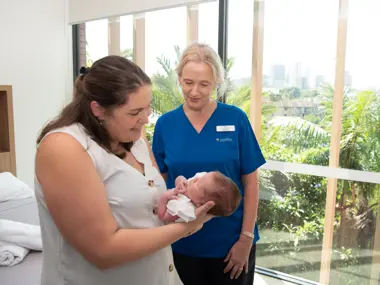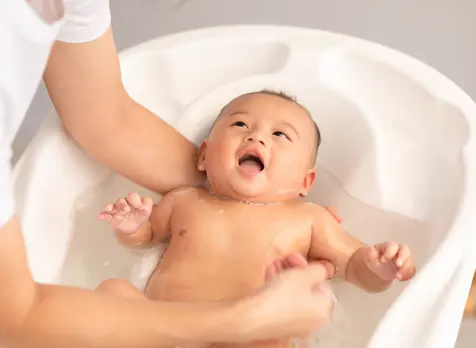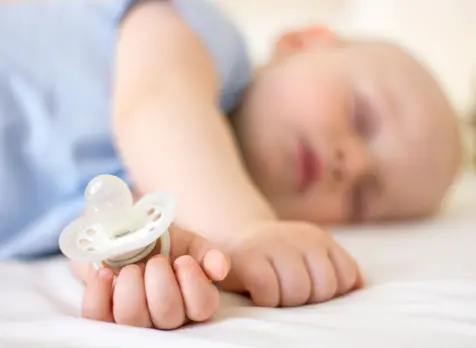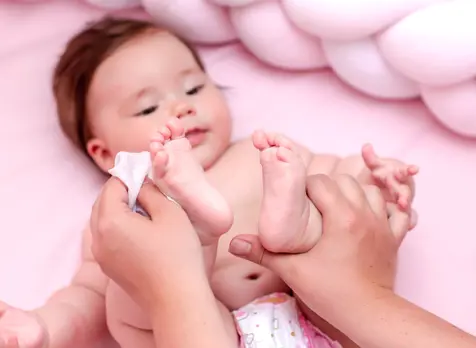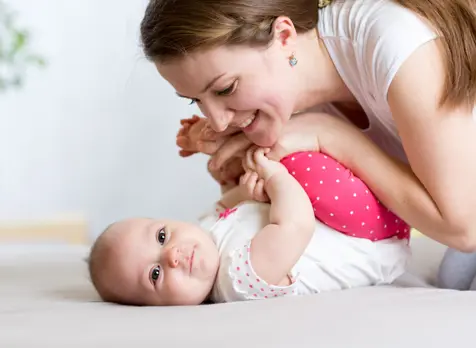Baby Sniffles
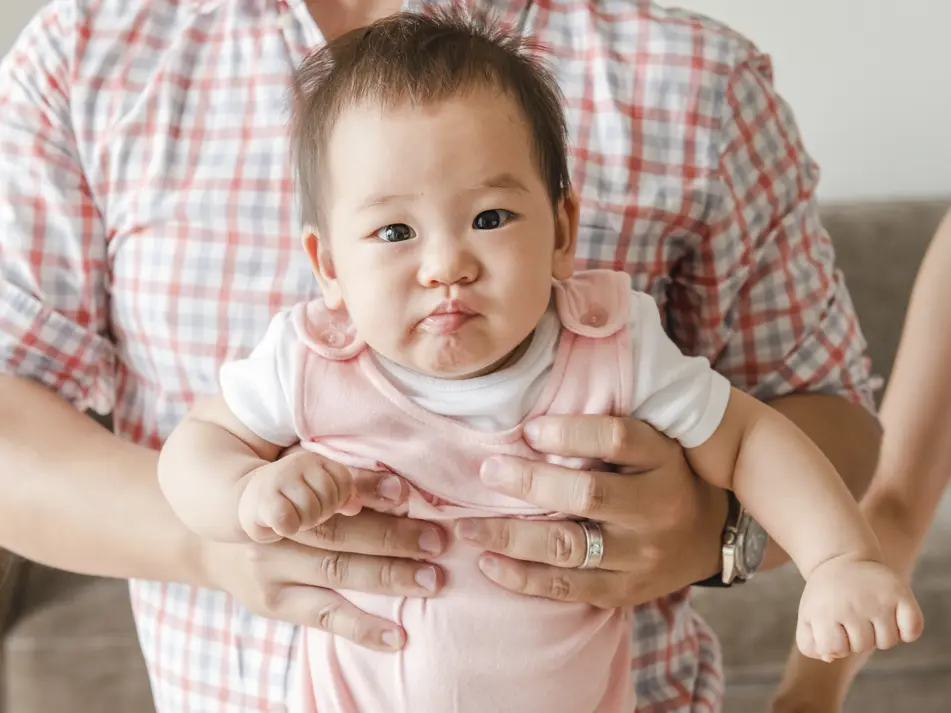
As an adult, you will have had a lot of experience of colds yourself, and know how miserable you can feel even though it is not a “serious” illness.
Colds and Sniffles
Colds and sniffles
As an adult, you will have had a lot of experience of colds yourself, and know how miserable you can feel even though it is not a “serious” illness. You will be very familiar with the symptoms –
- Blocked or runny nose
- Feeling tired
- Lacking in energy
- Sore throat
- Cough
- Headache
- Sneezing
- Sometimes a fever
Your child can have 6 – 12 colds every year, and experiences the common cold just like you do, and, just like you, will feel absolutely miserable.
A cold can be serious
For little babies, a cold can be a more serious matter.
Babies breathe through their nose, so a blocked or stuffy nose can make it more difficult to breathe. Like the other parts of their body, their airways are small and narrow, so even small amounts of mucus or inflammation can make breathing difficult and uncomfortable.
Blocked or Runny Nose
Babies with blocked or runny noses can find feeding quite difficult.
Trying to suckle from a breast or a bottle with a blocked nose is hard work, and so your baby may tire of feeding more quickly than usual. Because your baby hasn’t had a full feed, they may then wake up sooner than usual because they are hungry, then take a smaller feed than normal, go back to sleep but only for a short while before she is hungry again…
As you can see, a cycle of small feeds, difficulty breathing, feeling unwell, waking more frequently and not getting enough sleep can result in a miserable time for your baby, and for you, as you try and meet their needs.
Fortunately, newborn babies and babies who are breastfed are less likely to pick up a cold infection, as they have some immunity from their mother in the first few days after birth, or via breastmilk.
Older babies who have been weaned, and toddlers and pre-schoolers who interact with more adults and children can experience up to 6 – 12 upper respiratory tract infections each year!
Colds are usually caused by viruses, so antibiotics won’t be any help.
In the meantime, any treatment for your baby or child will involve lots of cuddling, sympathy and attention from you. They will be clingy and probably won’t sleep well.
As you would know, a blocked nose is probably the worst part of a cold, and as your baby’s nasal passages are so small they will probably be very uncomfortable and will find feeding and sleeping difficult.
Your doctor may recommend saline nose spray to help clear their nostrils and upper airway. Make sure you speak to the doctor or pharmacist so you’re using the right medication and dosage for your baby’s age.
Most colds do get better in a few days.
Ensure your baby has plenty of fluids, and keep breastfeeding or bottle-feeding as normal.
Colds can cause disruptions to sleep routines, but once your baby is better you can return to business as usual, and try to get them back into routine.
What you can do to help
- Practice regular handwashing – it’s one of the best protections against infection for your baby
- When your baby is unwell, try to reduce contact with other children as common illnesses are often infectious
- Comfort your baby with cuddles, sympathy and attention




































